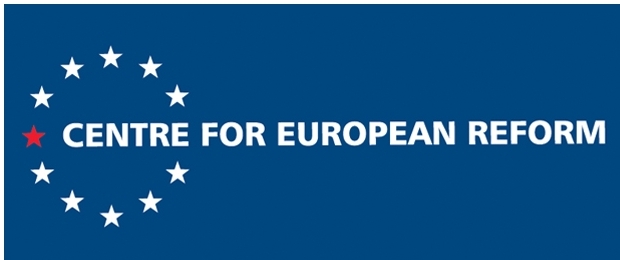
In Portugal crisis, worries on Europe's 'debt trap'
"What has been missing, in the debate about how countries can restore their finances to some kind of sustainability, is the limit of how much they can cut in a period of austerity," said Simon Tilford, chief economist for the Centre for European Reform in London. "There is a limit of how much any government can cut back spending and survive politically unless there is a light at the end of the tunnel, a route back to economic growth. We have a banking crisis interwoven with a sovereign debt crisis Europe needs to address both, and it needs to acknowledge that the banking sectors of creditor countries — especially Germany — are not now in a position to handle restructuring and default, and that governments will have to pump money into the banks to recapitalise them." In essence, Mr Tilford said, it is the taxpayers of Greece, Ireland and Portugal who are bailing out German, French and British taxpayers and depositors — not the other way around. The indebted countries are not really getting bailouts, he said, "but loans at high interest rates." For there to be a real bailout, he said, there would have to be a default.
